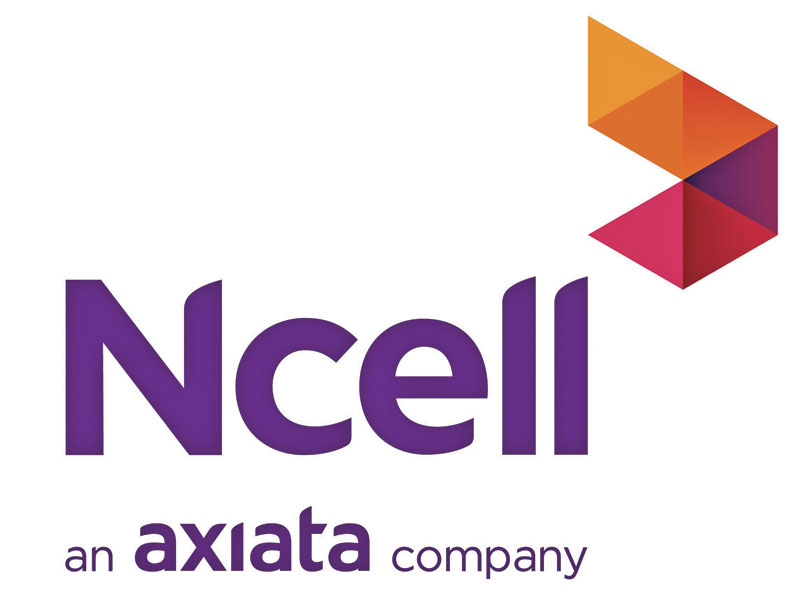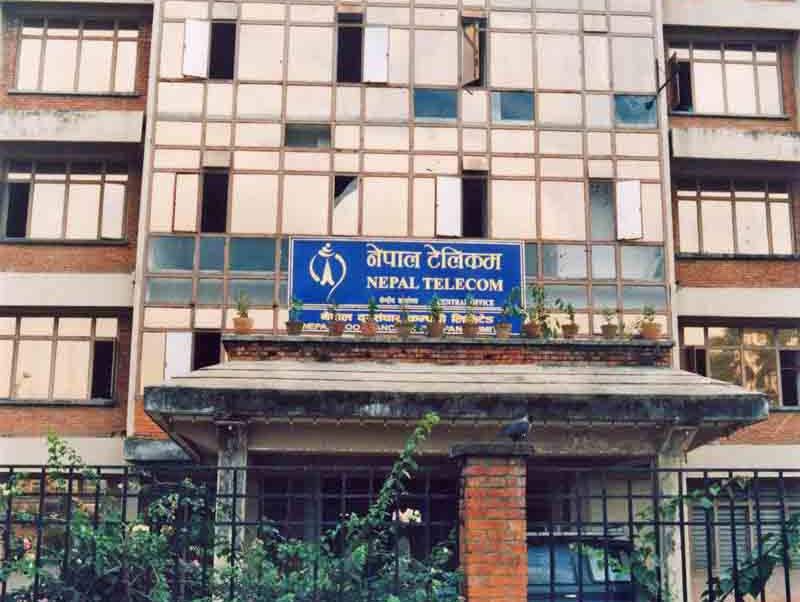Telecom operators’ consumer-centric schemes flout ‘net neutrality’ principle

Kathmandu, February 23
The two major telecom operators in the country — Ncell and Nepal Telecom — due to the fierce market competition have been launching consumer-centric schemes that seem to be violating the principle of ‘net neutrality’.
Ncell, on February 14, had signed a pact with Facebook offering its subscribers free access to limited Facebook activities, going against the net neutrality concept, which envisions that any telecom company or internet service provider should not prioritise certain sites and services. As per this principle, service providers should give consumers equal access to all contents without favouring any.
Under the company’s ambitious vision — Internet for All — Ncell had announced free access to Facebook activities like status update, photo upload, likes, share and post comment by collaborating with Facebook for a three-month period. However, though this scheme sounds generous, it actually violates the principle of net neutrality in the way the scheme functions. The Ncell scheme has only prioritised Facebook by restricting the offer only to Facebook application.
Earlier too, Ncell had offered free browsing of micro blogging network Twitter to its customers a few years back, which was also a violation of the net neutrality principle.
Similarly, NT today announced its Mahashivaratri festival offer that enables NT subscribers to enjoy 100MB data at Rs 75 along with another 100MB YouTube Data Pack as bonus and 200MB data at Rs 150 with 200MB free bonus YouTube Data Pack. Both these schemes are against the mandates envisioned by net neutrality concept.
Moreover, Nepal Telecom also announced its Facebook Package that enables subscribers to enjoy 100MB free data at Rs 22.6 for the next five days starting from Friday.
“Such schemes are certainly against net neutrality principle as they promote only particular applications and bar fair competition of other similar applications like WeChat, Sagoon.com, among others,” Ananda Raj Khanal, director of Nepal Telecommunications Authority said. However, he added that NTA was not in a position to take action against telcos as Nepal did not have net neutrality laws.
While Ncell officials are reluctant to comment on the issue, NT officials said though maintaining net neutrality was a good practice, the scheme that NT had recently launched did not fit into the actual concept of net neutrality.
“Giving an offer on YouTube for our subscribers today does not mean that we’ll not announce similar offers for other apps in the future,” Shovan Adhikari, joint spokesperson for NT said. He added that any scheme that benefited consumers should be looked from a positive perspective.
Similarly, at the launching ceremony of Facebook Free offer last week, Ncell Managing Director Simon Perkins had said that the Facebook Free offer was part of the company’s larger vision of ‘Internet for All’ and such schemes would help increase internet penetration and achieve national goals like making internet accessible in all village development committees in the country by 2020.
However, the Ministry of Information and Communications is unaware of such concepts. “Any firm cannot go against established norms even if there is no law that addresses it. We’ll look into the net neutrality issue,” said Ram Chandra Dhakal, spokesperson for MoIC.
Debatable issue
KATHMANDU: Net neutrality has been a debatable issue globally.
In February last year, the Indian government had outlawed differential pricing for internet data packages given by internet service providers and had also blocked Facebook’s Basics service that telcos, such as Reliance, had been offering to subscribers. It was widely argued that differential pricing for data packages would disadvantage small service providers in the country.
Though called Free Basics, the ambitious mission of Mark Zuckerberg, founder and CEO of Facebook, to provide free internet access to people in India only offered limited access to internet through websites and services including Facebook.
As people felt that Free Basics did not follow the open nature of internet, the Indian government had to block the Facebook scheme.






